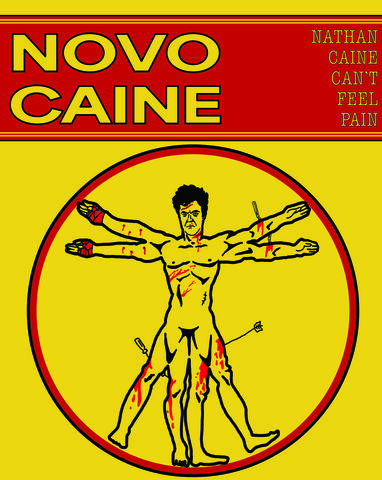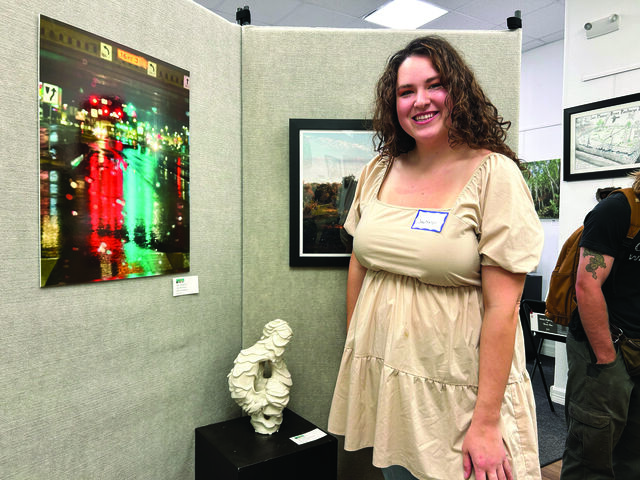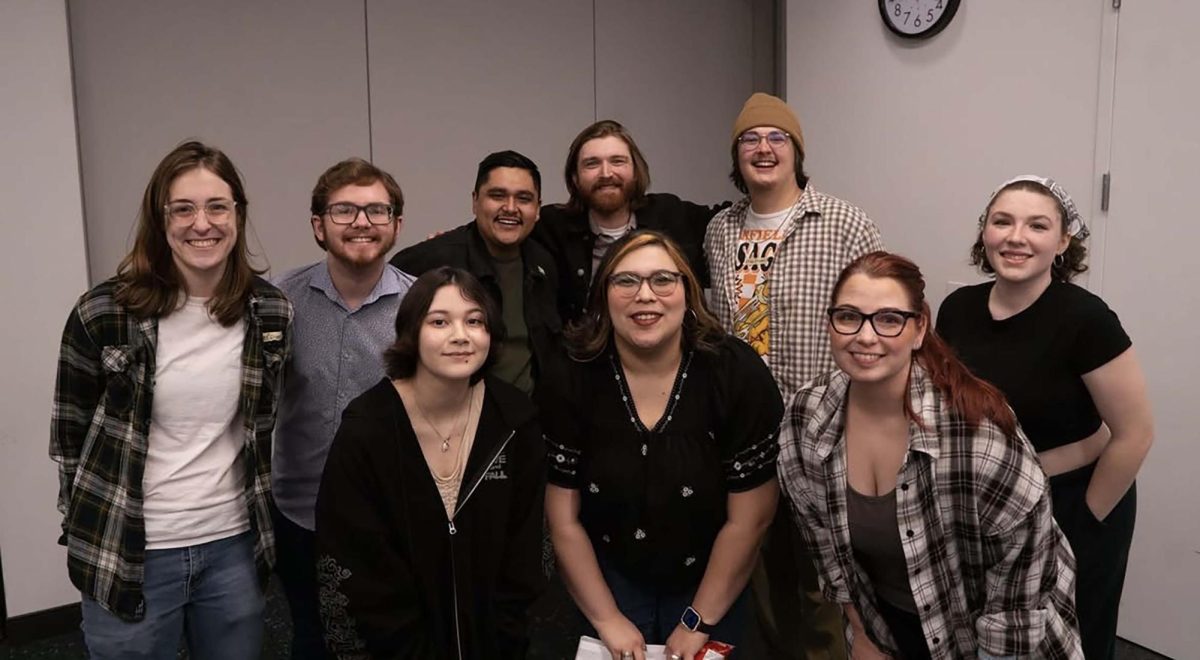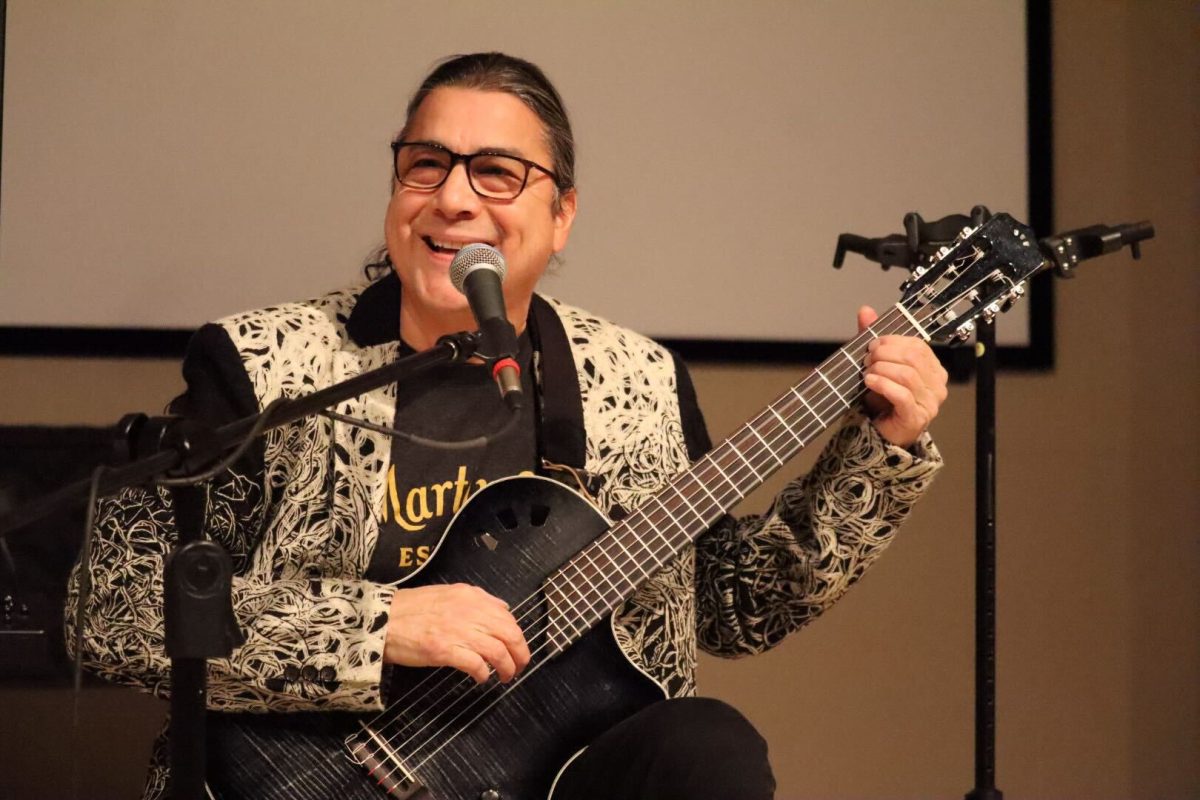McCoy College of Business hosted “Enron, 20 Years Later,” on Oct. 19, a virtual panel discussing fraud, ethics, regulation and the future of accounting as a result of the 2001 Enron scandal.
The panel was headlined by Sherron Watkins, the former vice president of corporate development at Enron and the whistleblower that brought down the Texas energy giant. As a result of her actions, Watkins was named one of Time Magazine’s 2002 People of the Year and has gone on to be an advocate for leadership and ethics. She now serves as an executive in residence at McCoy College of Business.
The panel was moderated by Evan Smith, the CEO and co-founder of The Texas Tribune, a nonprofit and nonpartisan news organization. The event was hosted by McCoy College of Business Dean Sanjay Ramchander and McCoy College of Business Associate Dean for Faculty and Research Alexis Stokes.
Enron was an energy company based out of Houston that, at its peak, claimed $101 billion dollars of revenue and was named Fortune’s “America’s Most Innovative Company” six years in a row. After its 2001 accounting scandal, the company was left bankrupt and defunct, and its 29,000 employees found themselves unemployed and stripped of their retirement savings. Enron’s downfall was a result of Watkins exposing the company’s unethical and illegal business practices which included misleading investors, misrepresenting earnings and modifying balance sheets.
Through her experiences, Watkins wants to help others understand the dangers of reckless ambition and the pitfalls that can come with it.
“I have a cautionary tale,” Watkins said. “I have far too many friends, or former friends and colleagues, that are felons. The Department of Justice was very successful and over a dozen Enron executives went to prison and there’s over two dozen that are felons. I usually try to discuss the fact that the dark side of innovation is fraud, and the dark side of a charismatic leader is malignant narcissism.”
Other panelists included Michol Ecklund who serves as senior vice president, general counsel and corporate secretary of Callon Petroleum, Nate Cannon, an associate professor of accounting at Texas State and Stephanie Solansky, an associate professor of management at Texas State.
According to Cannon, one the most notable legacies of the scandal was the passing of laws like the Dodd-Frank Act in the U.S. and similar laws around the world.
“Thinking back, what I find truly remarkable and captures the zeitgeist of the time, [the legislation] passed the Senate 99-0 and passed the House 423-3,” Cannon said. “Knowing what you know about the clinical atmosphere — that doesn’t happen. Especially for something this big.”
He also said a large number of auditors left the industry after the scandal, which turned out to be a good thing as the quality of auditing has improved since then.
“Some of my colleagues have done studies showing that when this legislation passed, nearly 50% of all auditors that were auditing public companies disappeared. They stopped,” Cannon said. “That’s a huge impact. We’ve done research to show that those that left were of lower quality. By a number of metrics that we can look at, the quality has gone up since then.”
Solansky, who specializes in leadership communication, said after the scandal, stakeholders no longer trust companies outright and expect to be kept in the loop. She calls this the “post-trust era” and said it has been amplified by the rise of social media.
“We are at a time, as a result of this post-trust era, where stakeholders simply expect authenticity and transparency from businesses,” Solansky said. “Trickery has kind of been exposed.”
From Ecklund’s perspective, Houston was affected the most by the Enron scandal. The company helped the city grow industrially and helped shape what it is today. Despite how things turned out at Enron, she still thinks the city has benefitted from the scandal.
“I think about this story from many angles, both as a lawyer and an executive of an energy company, but also as a Houstonian,” Ecklund said. “I’ve lived here since 1993 and reflecting on the journey that we’ve been on as a city has been really interesting for me. [When I was in college] getting a job at Enron was the pinnacle. It was full of innovation and was a place to go and learn and be a part of making a difference … Enron put Houston on the map. The ’80s were very tough for our city and the energy industry. I really think it’s through Enron that the country and the world began to see Houston through a different lens.”
Watkins compares the story of Enron to Formula 1 racing, a sport that was once very dangerous, but thanks to innovation and regulation, has become safer. Where Formula 1 succeeded, Enron failed. Enron limited its risk management and control departments to the point of having no real power. The company and those in charge ignored potential risks in pursuit of profit and image.
“In the long run, we were destined to fail because we removed the safety and control features,” Watkins said.
Watkins criticizes not only the company itself but the media in the events that transpired. She said that people both within and outside the company were so in awe of the supposed success of Enron that no one looked deep enough into what was actually going on.
As a result of Watkins’ bravery in exposing Enron’s malpractice, whistleblowers are now rewarded for their actions. As part of the Dodd-Frank Act, whistleblowers receive a percentage of the federal fine a company must pay.
Watkins said this incentive to expose wrongdoings within a business not only encourages whistleblowers themselves but encourages others to help their cause.
“One thing I’m very happy about is the Dodd-Frank whistleblower award program,” Watkins said. “The [Securities and Exchange Commission’s] Office of the Whistleblower has been in existence for 10 years now. They’ve fined companies $3 billion; they’ve given out over $1 billion in whistleblower awards. That has attracted legal talent to the cause of the whistleblower.”
While Watkins is celebrated as a hero, not all whistleblowers are. She said that she is “the only whistleblower with a good story,” meaning most whistleblowers are shunned and vilified for their actions.
Despite the risks and fallout of whistleblowing, the “Enron, 20 Years Later” panelists believe that as a result of the scandal, the public, companies and whistleblowers themselves are much safer from fallout than they were 20 years ago.
“Ultimately, Enron is a personal story,” Ecklund said. “There are many individual people who were so severely affected by the rapid decline [of Enron]. That’s where I go back to other elements of the law that have put in place protections that can limit that significant impact to any one person or any one entity to a very large degree … I think having those rules in place puts a floor on what the ripple effect can be on other people and other entities in our society.”
Categories:
McCoy explores leadership, impacts of wrongdoings with ‘Enron, 20 Years Later’
Aidan Bea, Life and Arts Contributor
October 25, 2021
0
Donate to The University Star
Your donation will support the student journalists of Texas State University. Your contribution will allow us to purchase equipment and cover our annual website hosting costs.
More to Discover









